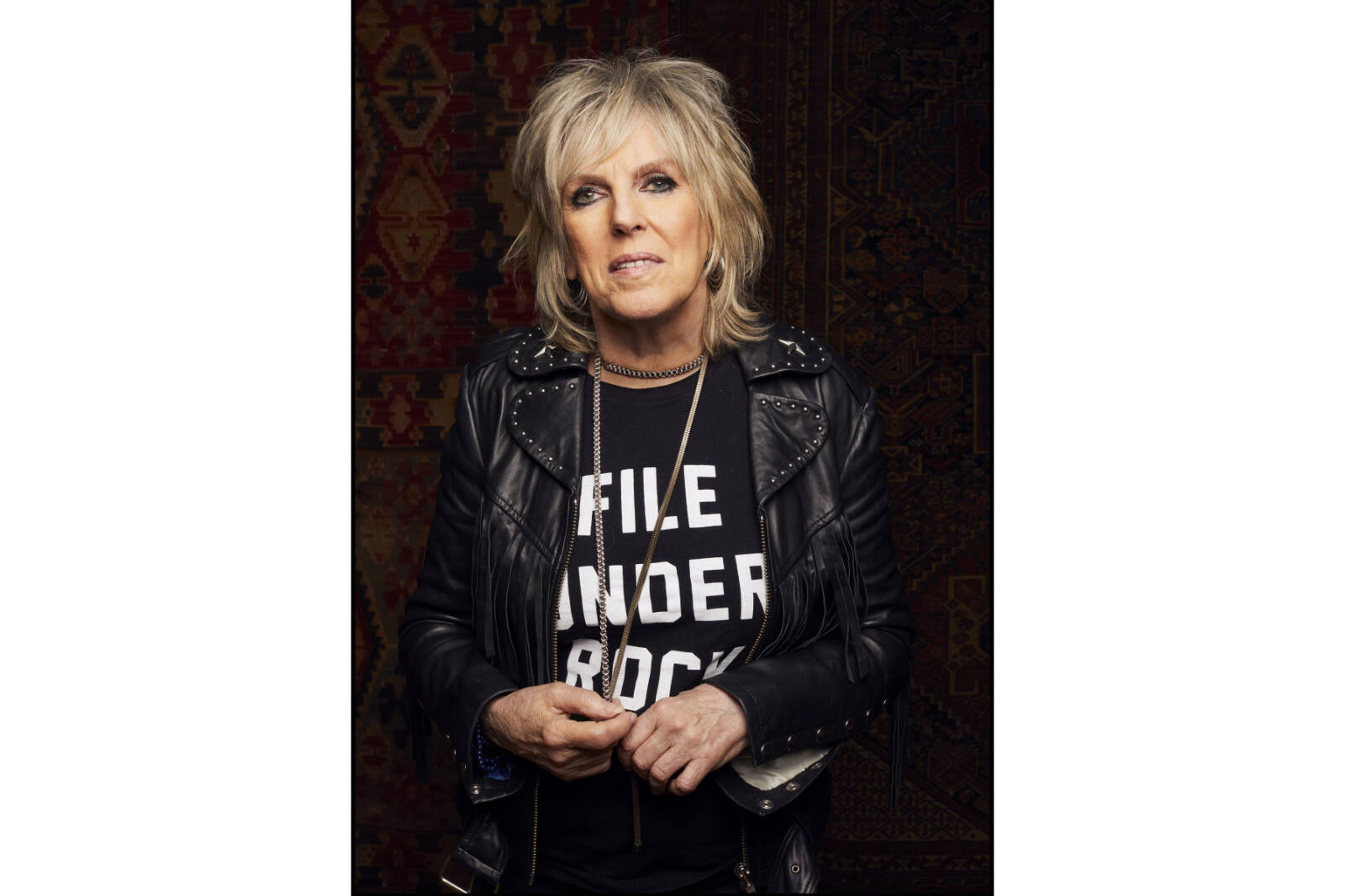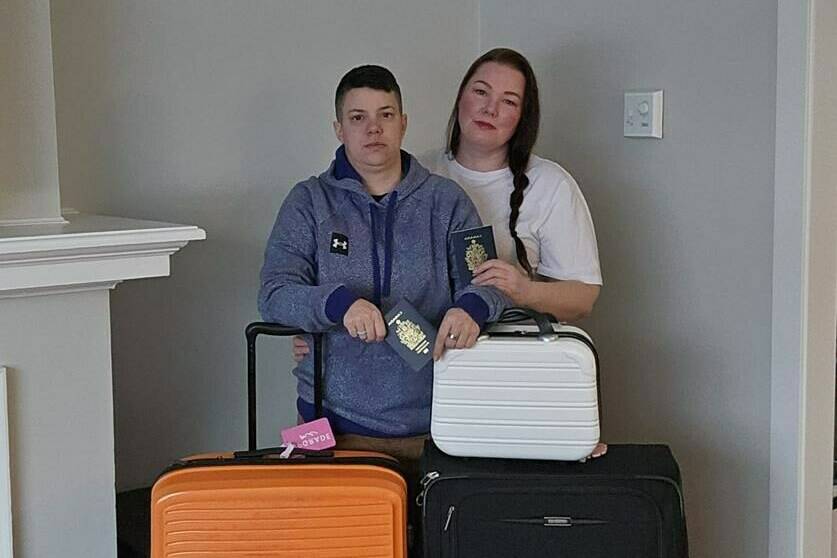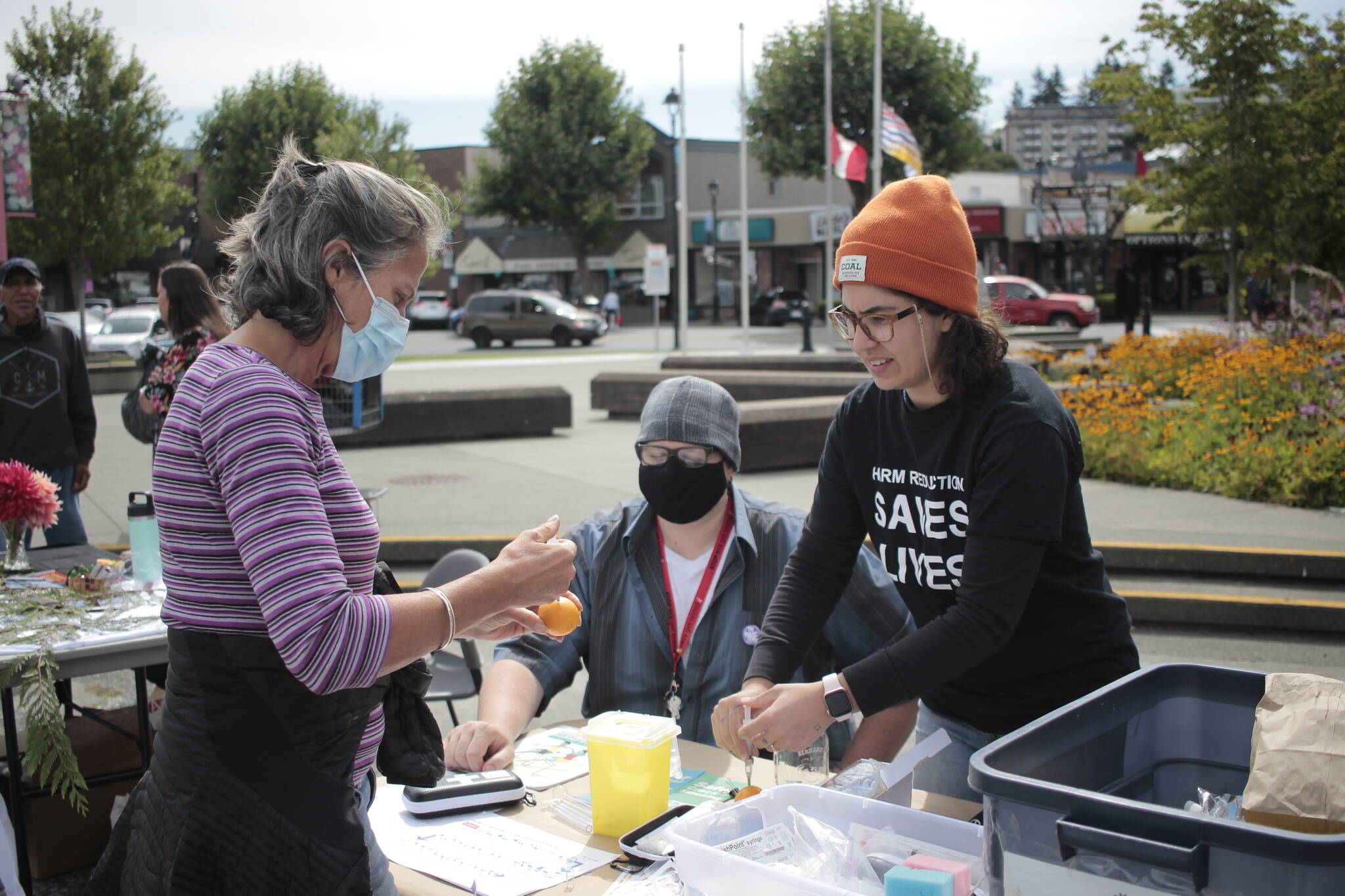Editor’s note: This story appeared in the October edition of the South Cowichan Connector. The Connector is a publication for and about the South Cowichan Valley. Look for our November edition starting Nov. 2.
You’ve heard about the birds and the bees, but what about the birds and the bugs?
James and Cammy Lockwood of Lockwood Farms have partnered with Dr. Nathan Pelletier (UBC), the Egg Farmers of Canada Research Chair in Sustainability, and Dr. Florian Grassauer (UBC) to launch the first phase of their new EcoBug project in which they grow and feed black soldier fly larvae (BSFL) to their laying hens.
“This is the start of something big,” said Cammy. “If we can do this, and do this well, it has the potential to revolutionize animal agriculture, and to significantly reduce carbon emissions from the agriculture industry. It is such a simple idea reflected in nature all around us, yet utilizing insects in animal farming in an extraordinarily practice.”
“Chickens have been eating insects since day one, long before people got involved,” said James. “We are the first commercial farm in Canada seriously looking into feeding our animals black soldier fly larvae.”
“The idea behind the project is to valorize manure by using it as a substrate to grow black soldier fly larvae, which can replace conventional protein sources in feed such as soy and animal by-products,” said Pelletier, who operates the Food Systems Prism Lab which specializes in environmental life cycle assessment on agricultural technologies and products.
The Lockwoods first set on the path of farming in 2011 after their eldest was born and began with getting their hands dirty with market gardening, then slowly built up their chickens, starting with just three hens in the backyard. They now have hundreds. They continue to do their market gardening and can be found with their various vegetables at the Saturday Duncan Farmers’ Market most weeks.
Their journey of introducing BSFL into their chicken feed began in 2018. They began sourcing the needed ingredient from Enterra, who were then based out of Calgary, and grew the BSFL on pre-consumer food waste. James said with them being a pilot project at the time, it was ideal for them to begin growing together. Since, the start-up company was forced to close their doors in December 2022.
READ MORE: Cobble Hill egg farmers crack provincial farming fame
Lockwood Farms welcomed two special additions for the first phase of this project this past summer. UBC first year sciences student Irene Lam joined the ranks in July and had her last day on Aug. 30. The other was their first hatched black soldier fly named ‘Daniel’ who unfortunately didn’t hang around quite as long. Lam’s role involved growing the BSFL and send small amounts away for testing.
“I’m really interested in sustainable food, and this project is the epitome of that,” said Lam. “It’s making a nice nutrient cycle where the chicken benefits from the insects, and vice versa. If this were to work, then it would be beneficial for every party involved. Hopefully it will be economically viable, and efficient for farmers to incorporate into their routine. Feed is one of the most expensive aspects of maintaining a poultry farm anyway, so if we are able to reduce that cost and even the amount of land needed to grow feed for the chickens it would be super amazing, because insects don’t need a lot of space to be reared, or fresh products to grow on. If we are able to take that chicken manure, and grow insects off of it, and then use them at their most protein-filled state, this will just continue a really nice cycle of nutrients where it becomes a lot more sustainable and better for the environment, better for farmers, and even the chickens because they will be eating insects, which is their natural way of consuming nutrition. Through this project we are taking a lot of inspiration from others who have been pioneers in this process. We are definitely not the first, but we are trying to see what has been done and add to it, and see what works best in North America.”
The Lockwoods have already purchased several breeding nets which were shipped to them from other BSFL growers in Nairobi, Kenya. James sees a lot of potential in this project and hopes other environmentally like-minded people will see it too. He has started a GoFundMe page with a goal of $70,000 where anyone can contribute to the development of this project at www.gofundme.com/EcoBug.
James said that while a venture like this is mostly untapped there are others already doing this in pockets around the world and in North America in different ways. However, he said in many cases they are only allowed to feed the BSFL ingredients that would be either human grade, or livestock grade feed, which he describes as less efficient.
“What we need to move towards is feeding BSFL what they were put on this earth to do, which is to eat the stuff that we or none of the livestock wants to eat, then use them as an up-cycling entity to make it edible and different protein choice for the chickens. We want to make sure that the larvae are capable of creating a safe feed ingredient for hens. Phase 2 of our project will focus on optimizing animal health and production rates, while the third phase will further refine the nutrient profile and prove that the animal feed created by the insects is a safe ingredient for the hens, and ultimately that the chicken eggs laid by the hens are safe and nutritious for humans to enjoy. Once that is established, we can focus on creating an efficient system to feed them to our hens.”
The EcoBug project is not the couple’s first effort to make a positive impact on the environment. In 2021, they were recognized as the first registered egg producer in B.C. to become completely solar powered. Now the launch of their new EcoBug project shows immense promise on re-framing common livestock feeding practices in an effort to combat the climate crisis. Judges in Canada’s Outstanding Young Farmers Program have provided encouragement for them to keep exploring this avenue.
“We just wanted to be the change that we wanted to see in the world,” said James. “It takes somebody to do it, and people are always looking to others to take that first step, so we figured let’s look at other alternatives. Looking for alternative protein sources and trying to avoid animal byproducts was definitely one of the things that took us down this path. We ideally want to take this backyard idea that has legs, and figure out how to do it legitimately and above board, get the proper health approvals and get all the wheels spinning so it can take off on a commercial level and create lasting and permanent change.
“These insects have tremendous potential to reduce the amount of inputs that go into feeding an animal. Not only that, but if we can feed them waste products, they have the potential again to possibly reduce the amount of off-gassing that happens from the natural decomposition of those waste products, and convert those into usable protein sources, then we will see a reduction in greenhouse gas-emissions, and an increase in food security. First we need to make sure that it is safe for the animals, and the public, and unfortunately it also has to be financially viable for the farmer. If we don’t tick all of these boxes, it won’t fly,” he said.
“We recognize the risk, but without risk there is no reward.”









